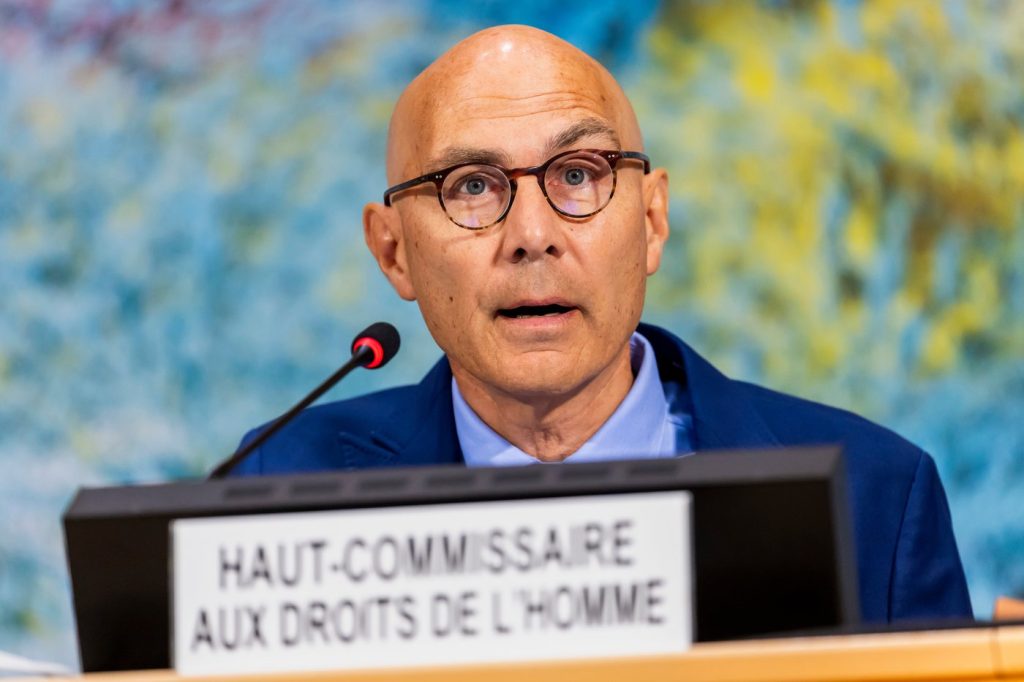The U.N. High Commissioner for Human Rights, Volker Türk, condemned recent U.S. military strikes against boats in the Caribbean Sea and eastern Pacific Ocean, which are reportedly involved in transporting illegal drugs from South America. Speaking at a U.N. briefing on Friday, Türk described the attacks as "unacceptable" and called for an immediate halt to these operations, emphasizing the need for an investigation into the strikes.
Ravina Shamdasani, a spokeswoman for Türk’s office, echoed his sentiments, stating, "These attacks and their mounting human cost are unacceptable." She insisted that the U.S. must take all necessary measures to prevent the extrajudicial killing of individuals aboard the targeted vessels. Türk's remarks marked a significant moment, as it appeared to be the first formal condemnation of such actions by a United Nations entity.
Türk articulated that the U.S. airstrikes in the Caribbean and Pacific could violate international human rights law. The rationale provided by President Donald Trump, who has characterized the strikes as a pivotal escalation in the ongoing battle against drug trafficking into the United States, has not resolved the contentious debate surrounding the military campaign among neighboring countries.
Concerns have been raised regarding the implications of the U.S. military's growing presence in proximity to Venezuela, particularly among those wary of a possible U.S. attempt to oust Venezuelan President Nicolás Maduro, who is facing charges of narcoterrorism in U.S. courts. The strikes have been controversial, leading to increasing scrutiny and calls for accountability from various international bodies.
When asked whether he was contemplating land strikes in Venezuela, Trump responded firmly with "No," offering no additional details. His statements aboard Air Force One highlighted the broader strategy of combating drugs, with Trump indicating a shift to tackling drug trafficking through land routes following U.S. naval operations.
U.S. Defense Secretary Pete Hegseth recently announced that in the ongoing anti-drug military campaign, the latest airstrike targeted a vessel in the eastern Pacific carrying drugs, resulting in the deaths of all four individuals aboard. This marked the fourteenth strike since the campaign's inception in early September, with reported fatalities escalating to at least 61 individuals, indicating the growing human toll of these military actions.
Shamdasani pointed out that, despite U.S. explanations framing these operations as part of an anti-drug and counterterrorism initiative, the international community has long recognized that the fight against illicit drug trade falls under law enforcement, which mandates strict limits on the deployment of lethal force. The intentional use of lethal force is only permissible in scenarios where there is an imminent threat to life; otherwise, such actions could constitute violations of the right to life and be classified as extrajudicial killings.
She further highlighted that the U.S. strikes are occurring "outside the context" of an armed conflict or active hostilities, raising additional legal and ethical questions regarding these military operations. The growing discontent and ramifications of these strikes continue to fuel discussions around U.S. foreign policy in the region, as tensions among nations regarding drug trafficking strategies remain prevalent.












